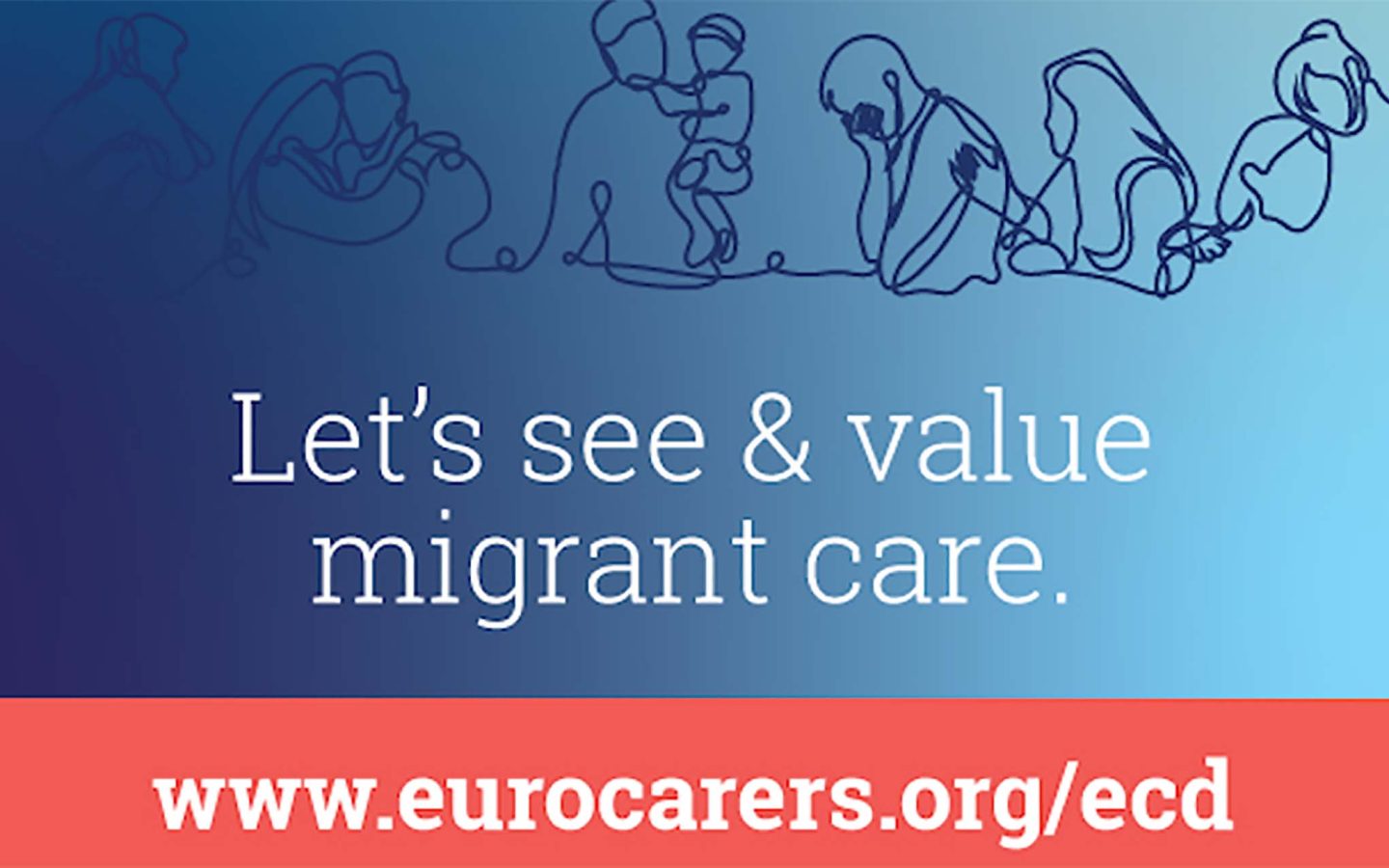Our new video released for European Carers Day highlights the challenges faced by migrant careworkers coming to the UK.
Click here to listen to the conversation as a podcast!
This powerful conversation between PhD student Millie Hind (Centre for Care) and Patricia Chinyoka, founder of Women of Zimbabwe, has spotlighted the harrowing challenges faced by migrant careworkers — particularly single mothers — trying to bring with their children to the UK. The discussion, part of an ongoing research collaboration, shares the story behind Women of Zimbabwe, a grassroots organisation that has grown rapidly since its founding in 2023.
A policy shift with painful consequences
In March 2024, the UK government amended the Health and Care Worker visa route, removing the right for new applicants to bring dependants. However, many migrants who arrived before the policy change — particularly under the 2022 and 2023 schemes — were initially granted this right. Despite this, Patricia says hundreds of these parents remain separated from their children, often facing complex, prolonged, and inconsistent visa processes.
In January 2025, Women of Zimbabwe, in collaboration with Action for Southern Africa (ACTSA), released a landmark report based on interviews with migrant mothers. The report not only shares deeply emotional stories of separation, stress, and systemic injustice but also proposes seven recommendations to improve Home Office policy and practice.
“The stories were harrowing,” said Patricia. “One child moved between three countries… some are now living in villages without water or electricity after growing up in city environments.”
Cultural misunderstandings and bureaucratic barriers
One theme the report explores is “cultural illiteracy” — where UK immigration officials fail to understand or respect cultural norms around naming conventions and family structures, particularly in Zimbabwean society. Many children have their father’s surname, even when the father is absent. Patricia says this has led to repeated visa refusals on the grounds that the mother lacks “sole responsibility” — even in cases where the father is no longer involved.
“It’s almost as if these women are being punished for being single,” Patricia said. “The assumption is that if the child has the father’s name, then the mother cannot be the sole carer — which is simply not true.”
Some families have been separated for over three years, with as many as five refusals in a single case. Others have given up entirely, returning to Zimbabwe after sacrificing jobs, homes, and savings for the hope of building a life in the UK.
Single Dads Face a New Kind of Scrutiny
While the bulk of the work has focused on single mothers, Women of Zimbabwe has been working with single fathers — and early indications suggest they may face similar scrutiny. The organisation is now watching closely to see if gender bias will emerge in reverse: will fathers be refused because caregiving is presumed to be the mother’s domain?
“It’s new territory,” Patricia said. “We want to see if the Home Office applies the same flawed logic around sole responsibility to single dads.”
A Call to Action
Patricia and her team are calling on the UK Home Office to urgently reconsider its handling of dependent visa applications, particularly for those who arrived before March 2024 and were promised family reunification rights. With fewer than 2,000 cases left unresolved by estimate, Women of Zimbabwe believes this is a manageable issue that simply needs political will. They are also pushing to be directly involved in Home Office policy reviews to help bring much-needed cultural awareness and compassion into the immigration system.
“We’re not asking for special treatment,” Patricia stated. “We’re asking for fairness, for humanity, and for the government to honour the commitments it made.”
CIRCLE and the Centre for Care have been contributing to the conversation on the challenges faced by migrant careworkers coming to the UK, in particular the policy changes this video explores. In two previous commentaries, Majella Kilkey and Jaynathi Lingham discuss the policy before (“Taking back control of our borders”. It’s the dependants stupid!– 2023) and after it’s implementation (Closing off social care jobs to migrant workers will only harm a sector that’s already in crisis– 2025).
European Carers Day 2025
CIRCLE is a member of Eurocarers, and we are proud to support their campaign this year for European Carers Day, held annually on 6th October. This video has been produced inline with this years theme:
“INVISIBLE NO MORE: Let’s See & Value Migrant Care.”
Across Europe, millions of people provide informal, or unpaid, care for family and friends — and many rely on migrant care to help shoulder this essential work. Too often, migrant care remains invisible: undervalued, underpaid, and under-protected. Informal carers need a change of paradigm regarding migrant care. Together, we have the power to change this — by raising awareness, advocating for fairer policies and building a Europe that recognises migrant care as a vital part of our care systems.
